“Sacrifice”, the ABC Four Corners episode of 10 March, was a train-wreck for the Australian War Memorial. Its spokespersons came across as dismissive, timid, or too clever by half. The critics of the Memorial, however, were passionate, regretful, and, in the case of Geoffrey Watson SC from the Centre for Public Integrity, downright angry. (more…)
David Stephens
-
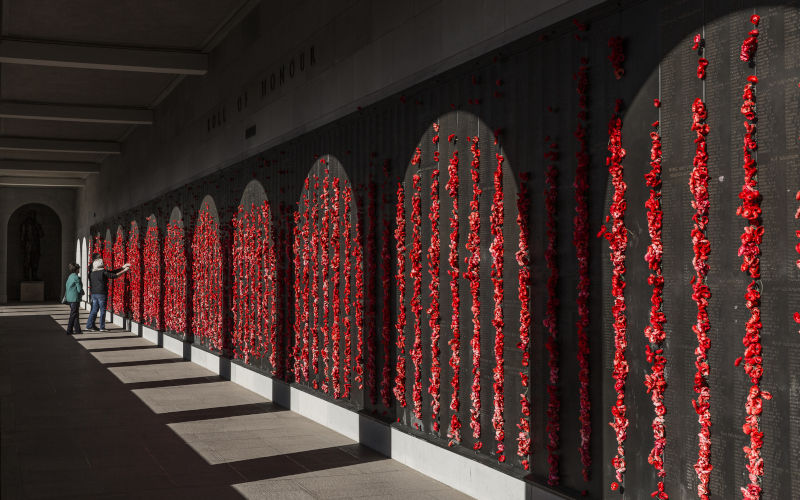
Red poppies and bare ground: Why do we discriminate among our war dead?
The 100 000 or so dead men and women in Australia’s overseas wars are symbolised by red poppies, on the Roll of Honour at the Australian War Memorial in Canberra, in shrines around the nation, on the more than 5000 war memorials in our towns and suburbs, in war cemeteries overseas, and worn on Anzac and Remembrance Days. (more…)
-
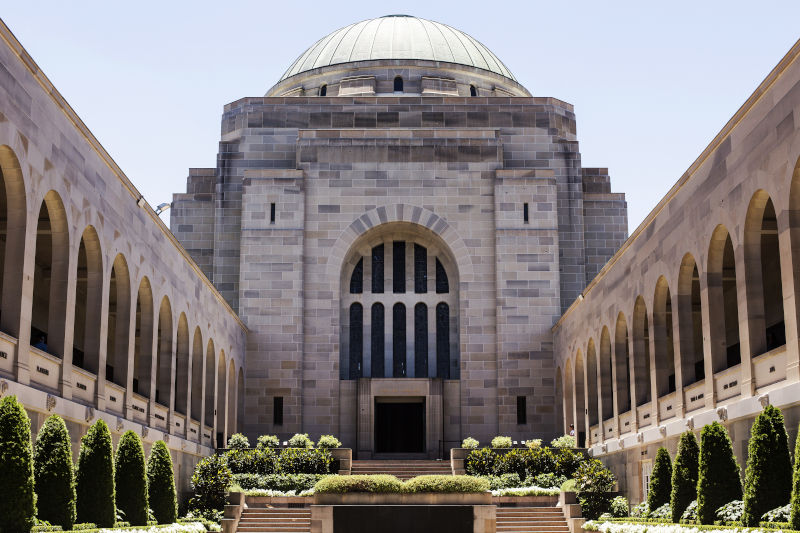
New Year’s resolution for Minister Keogh: refresh the War Memorial Council
The Minister for Veterans’ Affairs, Matt Keogh, should refresh the Council of the Australian War Memorial, which at present looks like a cosy club of well-connected conservatives and ex-military types. He can do this by replacing up to five Council members when their terms expire between February and April 2024. (more…)
-
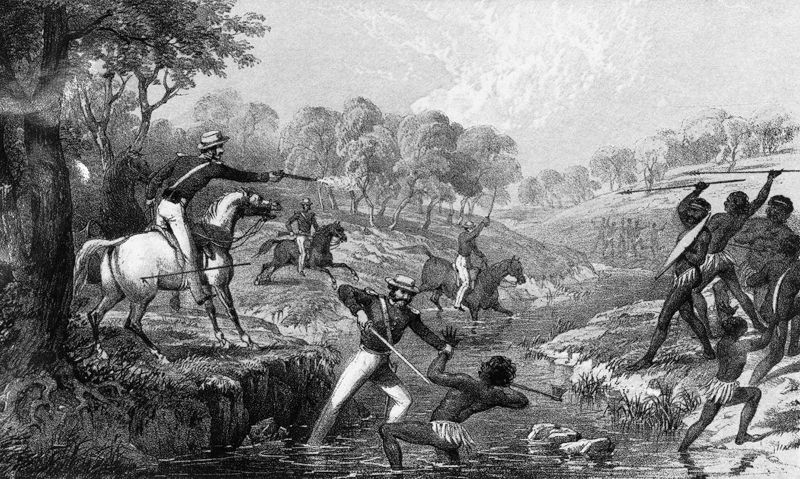
Our War Memorial needs to show courage on Frontier Wars
One wonders what our legendary generals and our volunteer soldiers in many wars would have made of the dithering and dissembling at the top level of the Australian War Memorial on how it deals with the Australian Frontier Wars, a defining part of our Australian history. (more…)
-

After the Voice: Beazley’s opportunity for truth-telling at War Memorial
Post-Referendum attention has turned to the need for Truth-telling about our history. As Chair of the Council of the Australian War Memorial, Kim Beazley has a unique opportunity to grasp Truth-telling about the Australian Frontier Wars as a central theme for the Memorial in future. (more…)
-
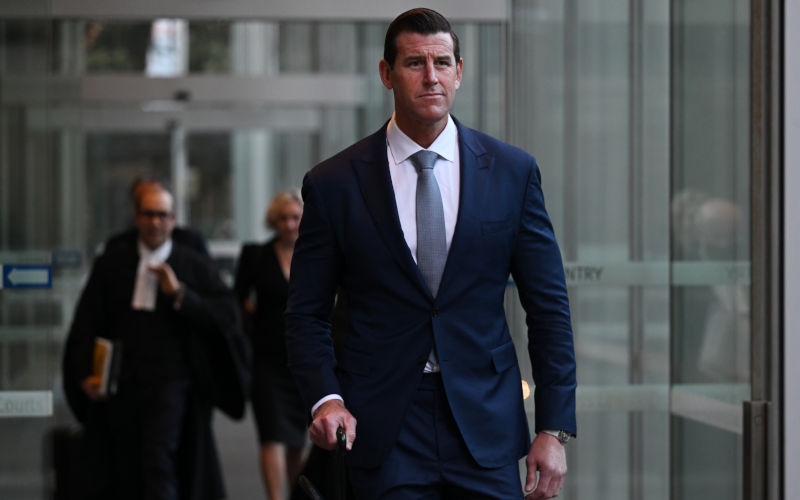
Making the best of the Ben Roberts-Smith fiasco
There may be an upside to the Ben Roberts-Smith case. Not for the family of Ali Jan or the people of Afghanistan. Not particularly for Roberts-Smith and the men of the SAS, past and present, or their commanders, only some of whom deserve an upside. No, an upside for the rest of us, Australians all. (more…)
-

Dam Busters and ‘Anzackery’ at the War Memorial
Treasuring old stuff and old stories is something the Australian War Memorial does a lot of. Recently, the Memorial made much of an artefact from the Dam Busters Raid of May 1943. The artefact was a model of a dam with surrounding countryside. The suggestion was that RAF Bomber Command had studied it or something similar as it prepared for the assault, codenamed Operation Chastise. (more…)
-

Australian Frontier Wars: credibility gap at the War Memorial
There is a gap between Kim Beazley’s assurances about how the Australian War Memorial will properly recognise and commemorate the Australian Frontier Wars and what is actually being planned at the Memorial as it continues its $548m redevelopment. Action is needed now to get the Memorial on track. (more…)
-
“From the Big Build via the Frontier Wars to Boeing”: Brendan Nelson’s autobiography Part II
Part I of this review noted that Brendan Nelson met lots of people. (more…)
-

“A narcissist always searching for a new niche?” Brendan Nelson’s autobiography: Part 1
Nelson has been described as a bullshit artist, a narcissist, a charlatan, oleaginous, and having a glass jaw. Each descriptor is incomplete, some even unfair. Yet, throughout his career he has been popular across the political spectrum. Why?
-

The War Memorial plays along with Lockheed Martin
Senator David Shoebridge, a new Green from New South Wales, tabled a document in Senate Estimates on 8 November which showed just how keen the Australian War Memorial has been to oblige its corporate donors. (more…)
-
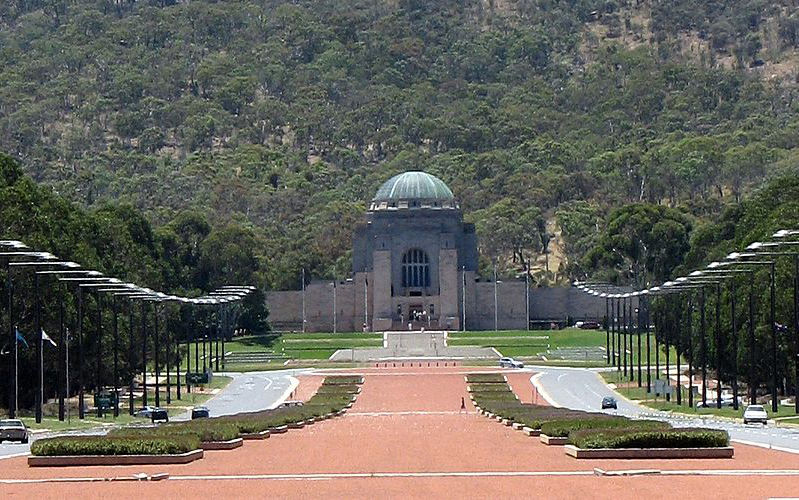
The War Memorial is again running away from the Frontier Wars
The Australian War Memorial has passed from then Council Chair Brendan Nelson’s 29 September announcement of a “much broader, much deeper” treatment of Australian frontier violence to today’s buzzwords of “proportionate” and “modest”. The people who welcomed what looked like a change in direction at the Memorial have the right to feel dudded. (more…)
-
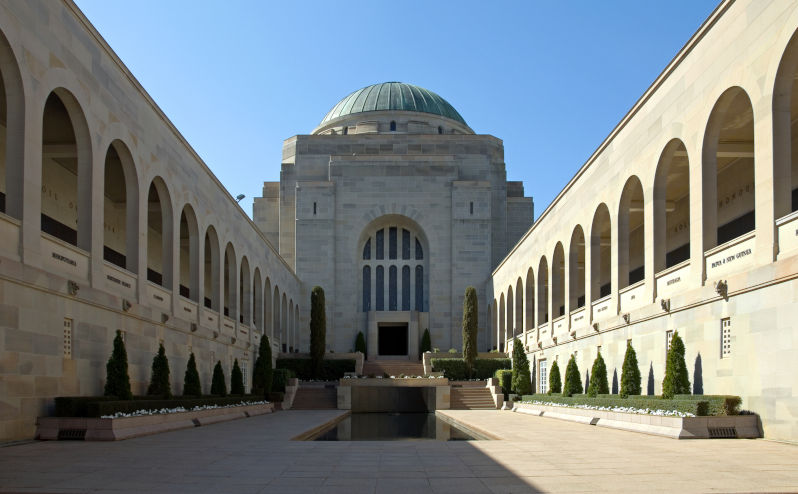
Startling events at the Australian War Memorial
Small but significant metaphorical explosions have reverberated recently around the building that some Australians know as our most sacred site. (more…)
-
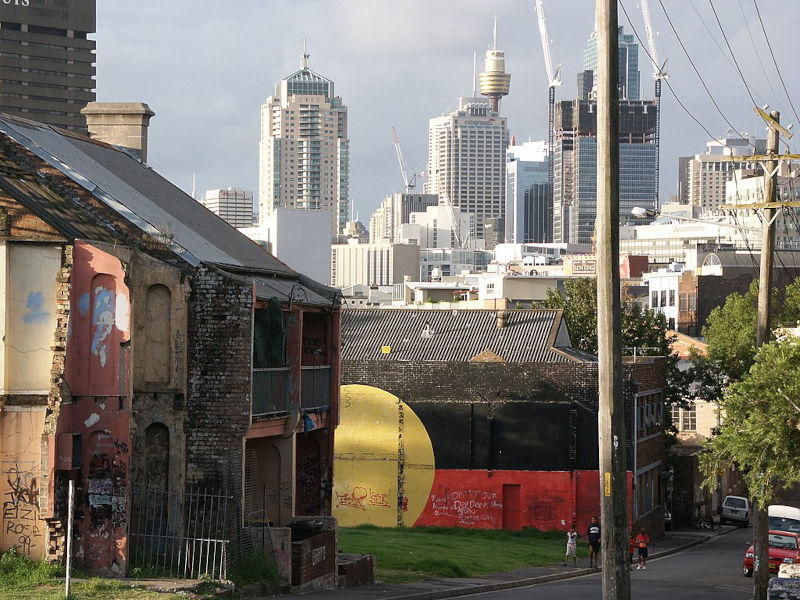
‘Uluru Statement shows the way on Australian Frontier Wars’
In an earlier article for Pearls and Irritations I wrote, ‘Proper recognition and commemoration of the Australian Frontier Wars at the Australian War Memorial would be a practical expression of the Spirit of Uluru’. The Uluru Statement from the Heart is more than resonant prose. Its words about First Nations people taking their rightful place in their country, about how First Nations culture can be a gift to all Australians, and, most of all, on truth-telling about our past, all provide signposts for action. (more…)
-
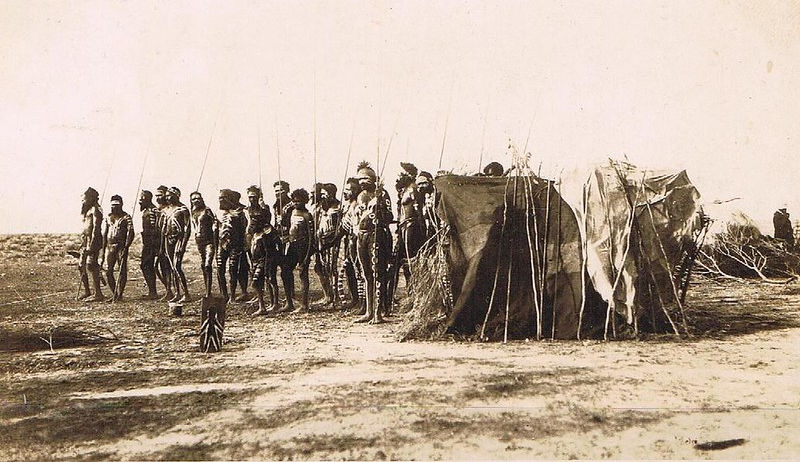
Australian War Memorial needs to own Australian frontier wars
Proper recognition and commemoration of the Australian Frontier Wars at the Australian War Memorial would be a practical expression of the Spirit of Uluru. As the Albanese government begins the lengthy process of enshrining the Voice in the Australian Constitution, having the Memorial commit to Australian Frontier Wars recognition and commemoration could happen soon – provided the will exists in both the Memorial and the government. (more…)
-
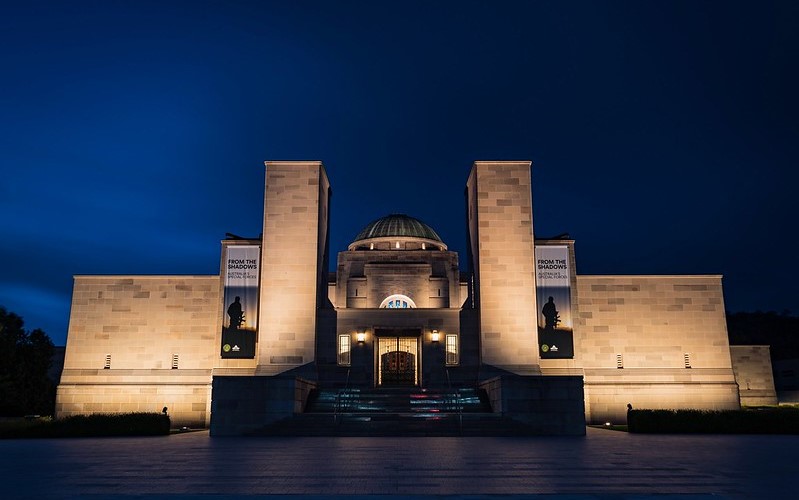
Australian War Memorial expansion is a disgrace beyond words
Words matter, and the way the Australian War Memorial’s spruikers talk about its expansion and displays speaks volumes.
-
Everyman as soldier: how men in suits in drawing rooms conned the people – and their families – into fighting on in WW1.
David Stephens reviews Douglas Newton’s Private Ryan and the Lost Peace: A Defiant Soldier and the Struggle against the Great War. (more…)
-
It’s not what they know, it’s what they choose to tell us: reading the Australian War Memorial
Many more things happened in the past than are recorded in history. Some versions persist. Others have currency for a time, then get put aside, because fashions change or because the version does not fit political agendas or notions of what audiences expect. Some versions have been sanitised. Others are just suppressed. The Australian War Memorial has form in this regard, although there are some glimpses of change.
-
Performing Anzac: Brendan Nelson and the emotion of remembrance
Dr Brendan Nelson came out swinging recently, providing a submission to the Public Works Committee defending the project he championed, the $498 million makeover of the Australian War Memorial. (more…)
-
DAVID STEPHENS. Anzac Day and History as What we Choose to Remember
The Covid-19 pandemic has been compared with the Spanish Flu pandemic of 1918-19. That many of us knew nothing about that disaster of a century ago shows that history is what we choose to remember. (more…)
-
DAVID STEPHENS. What will be the Nelsonian Legacy at the Australian War Memorial?
When it was announced that Dr Brendan Nelson was finishing up as Director of the Australian War Memorial, the Chair of the Memorial Council, Kerry Stokes, said Dr Nelson’s ‘enduring legacy’ will be the Memorial’s $498 million expansion program. There is a strong argument, however, that a more notable Nelsonian legacy is the Memorial’s eagerness to chase and receive donations from arms manufacturers. (more…)
-
DAVID STEPHENS. Beneath the tumult and the shouting: Anzac Day as a private experience.
Anzac should be mostly private. It should be about the quiet, within-family, remembrance of – and caring about – people who have suffered in war, those who have been killed and not come home, those who have come home injured in body or mind, and those who live with the memory of the dead and the reality of the living. (more…)
-
DAVID STEPHENS -People against the War Memorial’s grandiose extensions project.
On 23 March, the Canberra Times carried a story about an open letter from 83 distinguished Australians opposing the plan to spend $498 million on extensions to the Australian War Memorial. (more…)
-
DAVID STEPHENS. This is why the $498m extensions to the Australian War Memorial should not go ahead
Saturday’s Nine (Fairfax) newspapers carried a story about 83 distinguished Australians signing a letter opposing the plan to expand the Australian War Memorial in Canberra at a cost of $498m. The letter says the extensions cannot be justified, they show the Memorial is being given preference over other national institutions, and the money could be better spent. The letter and the full list of signatories. (more…)
-
DAVID STEPHENS. If the Australian War Memorial holds “the soul of the nation” why is the Memorial Council so full of brass?
The Director of the Australian War Memorial, Dr Brendan Nelson, often tells us that in the Memorial can be found ‘the soul of the nation’. The Prime Minister said the same thing, just the other day. Accepting for the moment that this characterisation is correct, why is it that eight of the 13 members of the Memorial’s Council are serving or retired senior officers (Lieutenant Colonel/equivalent or above)? Does our national soul, if such it is, need that much military brass? Does a body containing that much brass make a particular sound? Should the Council look more like the rest of us? (more…)
-
DAVID STEPHENS. A grandiose commemorative project for Canberra raises lots of questions
There has been for some time an air of inevitability about the extensions to the Australian War Memorial, a project announced on Thursday by the Prime Minister and Memorial Director, Dr Brendan Nelson. Serious questions remain, however, about this grandiose undertaking, which is known irreverently to some observers as the Brendanbunker and could be seen as a legacy of Dr Nelson’s term. (more…)
-
DAVID STEPHENS. Did the War Memorial deliberately mislead the Parliament about the money it gets from arms companies – or is it just careless about accountability? (Honest History 26.10.2018)
The Senate Hansard for 25 July 2018 contained the Australian War Memorial’s answer to Question 166from the Senate Foreign Affairs, Defence and Trade (FADT) Committee (question asked by then Senator Rhiannon in Estimates). The answer included a table that purported to show figures for the value of financial contributions that the Memorial received from military and defence companies over three years. (more…)
-
DAVID STEPHENS. The Australian War Memorial admits receiving $1,271,473 over three years in donations from military and defence firms.
During Budget Estimates hearings, then Greens Senator Lee Rhiannon (NSW) asked Dr Brendan Nelson, Director of the Australian War Memorial, how much the Memorial had received in donations from military and defence firms. The answer covered the years 2015-16, 2016-17, 2017-18 year to date, which would have been almost the full year, as the answer was posted in Hansard on 25 July 2018. (more…)
-
DAVID STEPHENS. Lest We Forget again: Anzac Day is an opportunity to confront our violent frontier past and its shadow today.
Yassmin Abdel-Magied, a young Somali-Australian Muslim woman, was driven out of Australia last year after she implied that the Anzac sacred cow might be ready to graze new territory. ‘Lest. We. Forget.’, she said, ‘(Manus, Nauru, Syria, Palestine …)’. I thought she was on the right track and I said so, copping some of the bilious and vicious response that she herself received. Yet, surely, after a century we can move beyond dead soldiers and broaden the remembrance focus to other weighty matters where Australians bear some responsibility and where they should have some interest in making things right. Such a matter is right in front of us. (more…)
-
DAVID STEPHENS. Brendan Nelson’s bunker and with cap in hand: contrasts in funding our national cultural institutions
The Director of the Australian War Memorial, Dr Brendan Nelson, has been spruiking the Memorial’s plans for a massive expansion. He showed the ABC’s Andrew Greene around the Memorial, pointing out its need for more space, particularly to show big exhibits like helicopters and jet fighters, as well as for telling the story of current and recent military campaigns. (Paul Daley comments in Guardian Australia.) (more…)